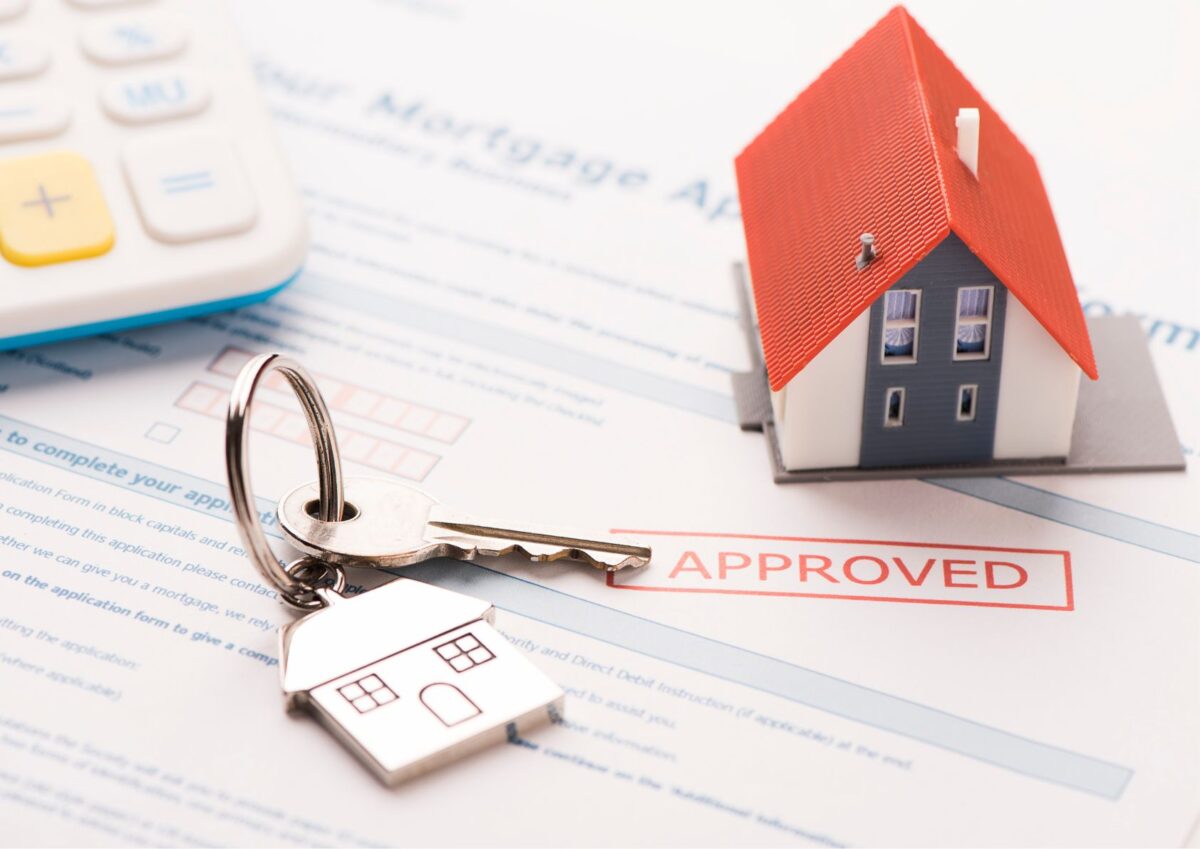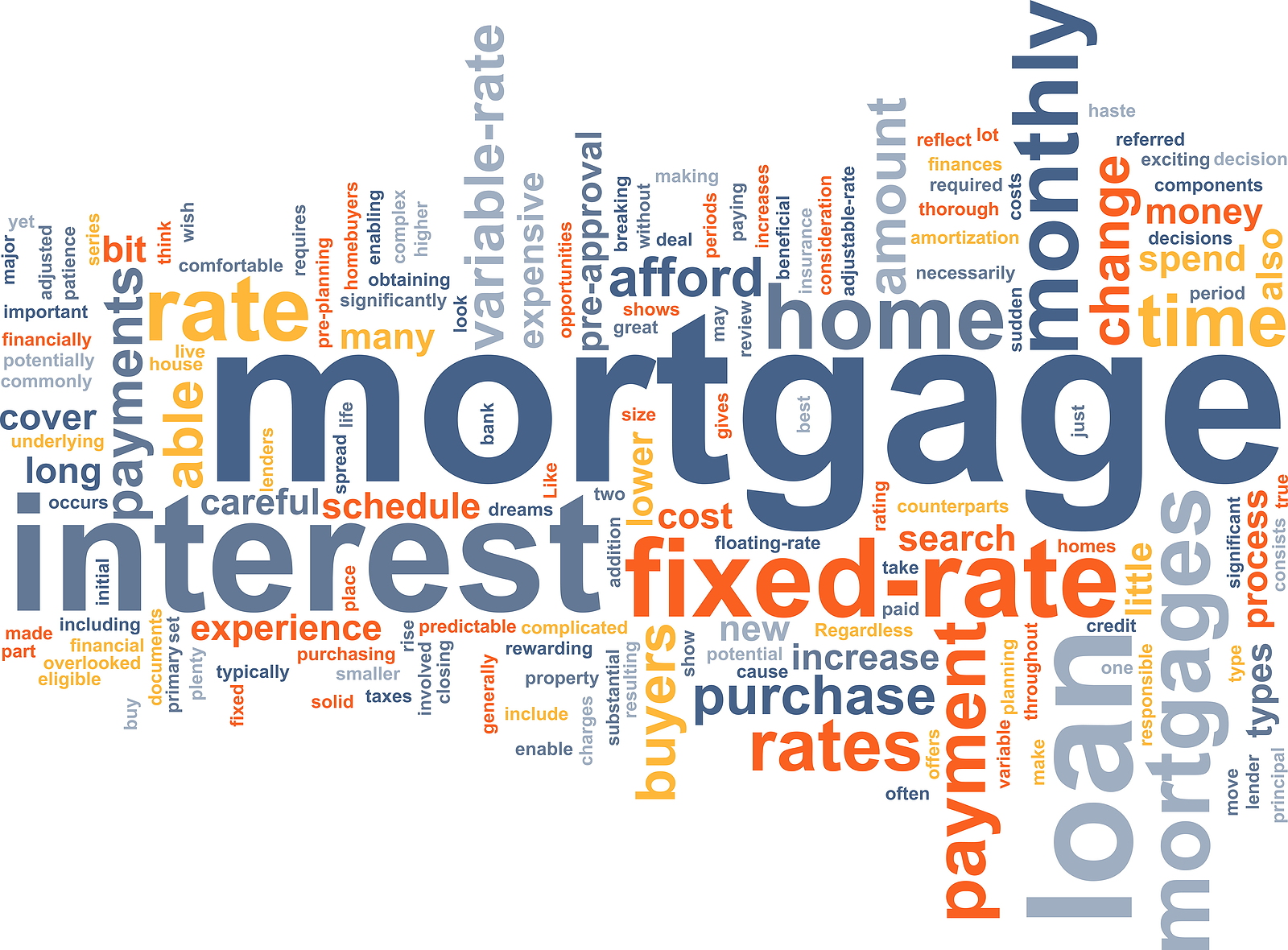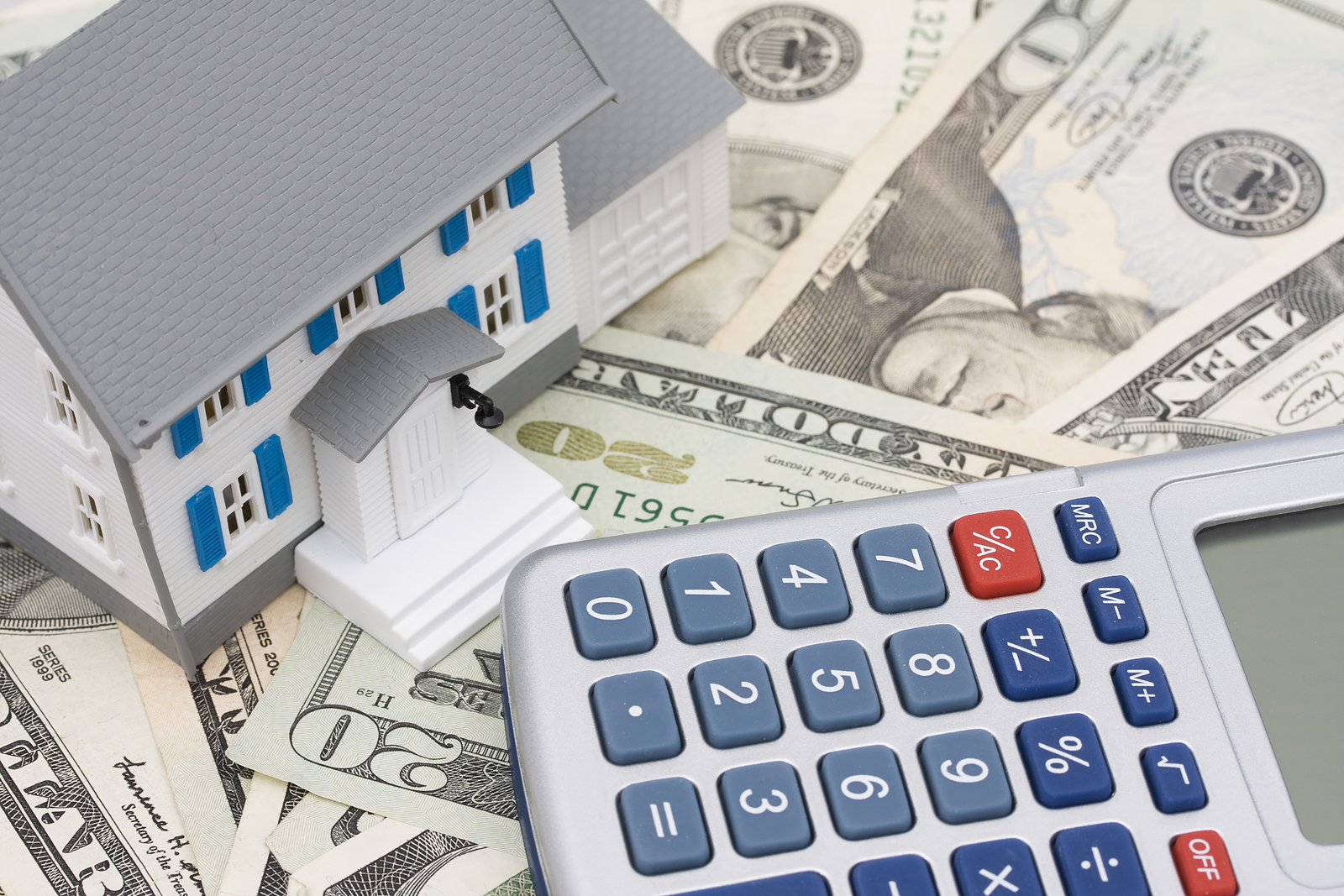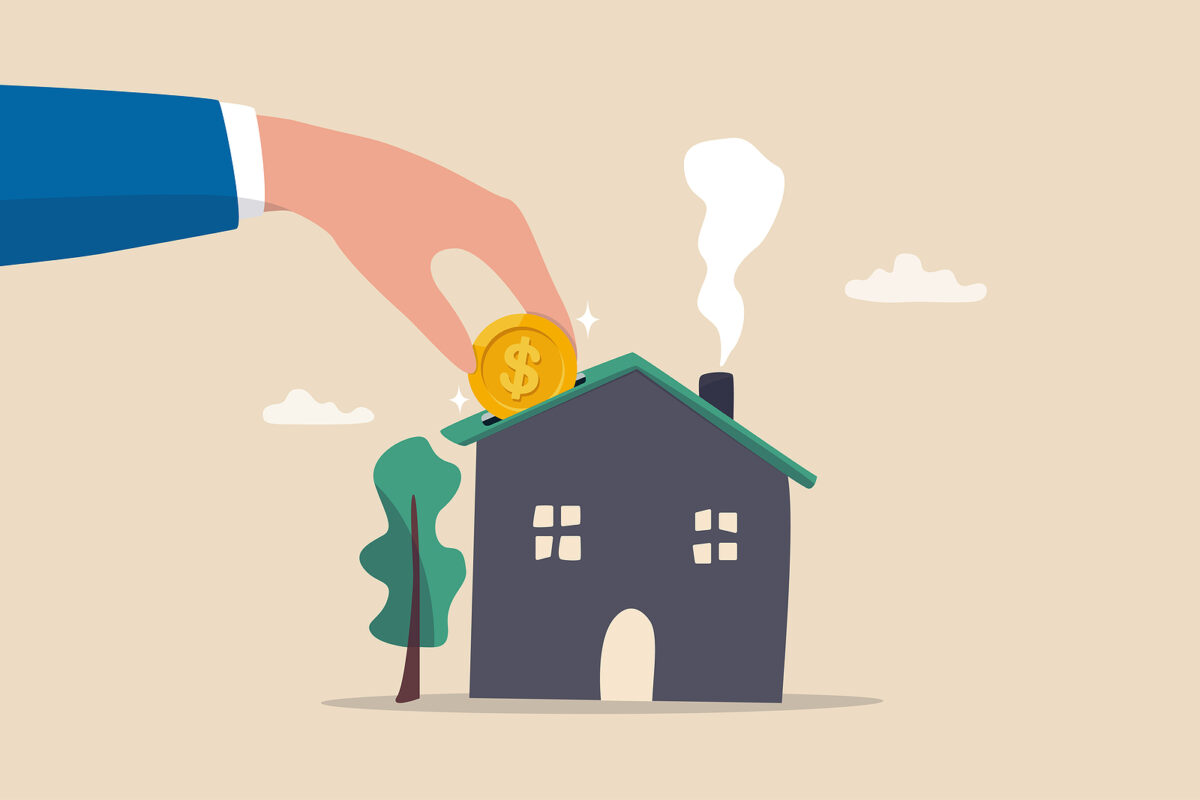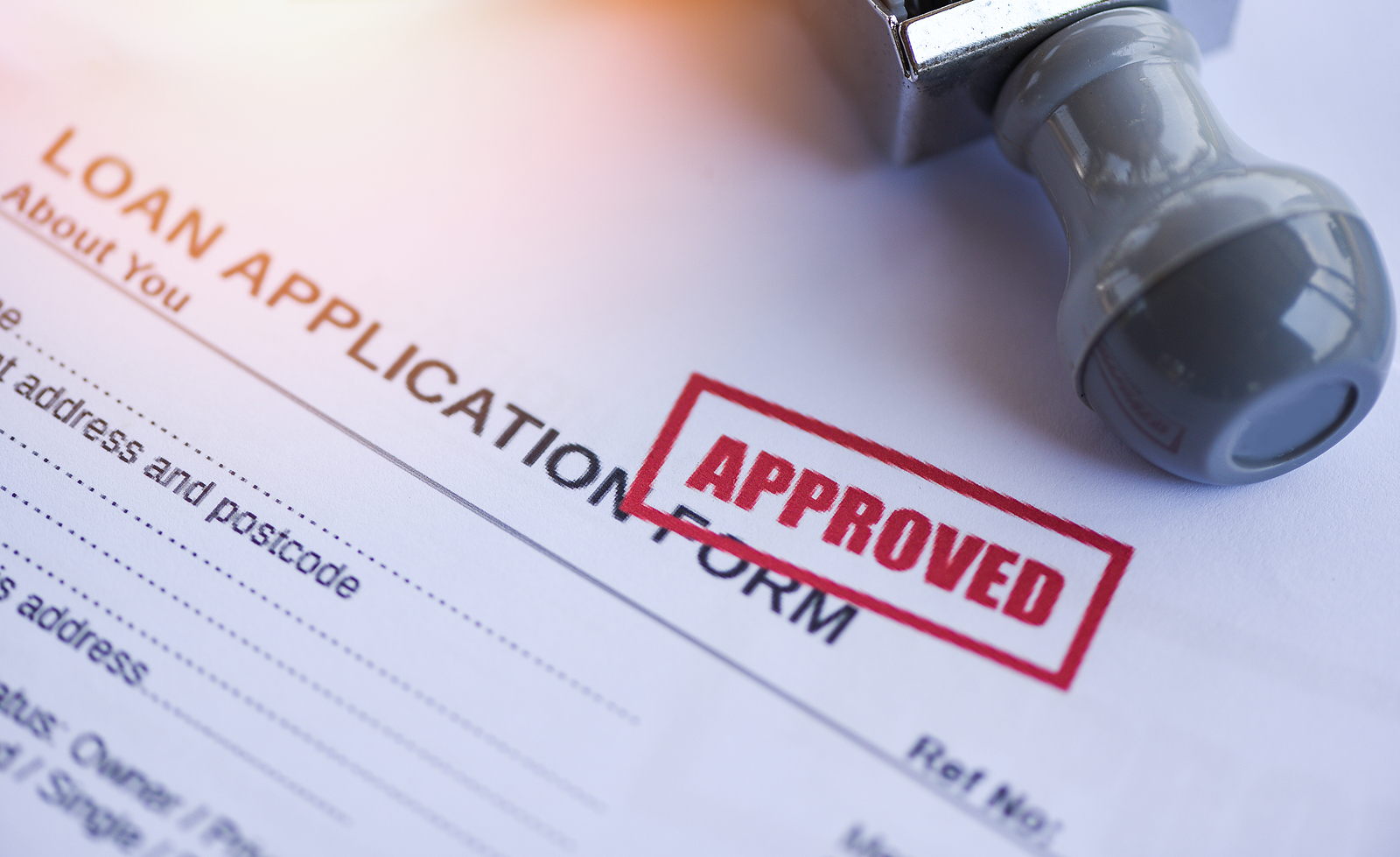If you’re thinking about buying a home, you’re probably wondering: Is now really the right time? With fluctuating mortgage rates, evolving housing market trends, and economic uncertainty, it can feel like a big decision. But don’t worry—we’re here to break it all down for you! In this post, we’ll explore what real estate experts are saying about today’s market, including insights on home prices, interest rates, and buyer competition. By the end, you’ll have a clearer idea of whether it’s a good time to make a move.
Housing Market Trends: What’s Happening Now?
The real estate market has seen some significant shifts over the past year. Here are some key trends shaping today’s market:
- Mortgage Rates Fluctuating: Interest rates have seen ups and downs, impacting affordability for buyers. While rates remain higher than pre-pandemic levels, some experts predict potential decreases later in the year.
- Home Prices Stabilizing: While home prices surged in recent years, they are now stabilizing in many areas. Some markets even show slight price corrections, making it more favorable for buyers.
- Low Inventory Continues: A persistent shortage of homes for sale keeps competition strong, but buyers have more negotiating power than during the peak of the market frenzy.
- Rent vs. Buy Considerations: With rising rental costs, homeownership is still an appealing long-term investment for those who can afford the upfront costs.
Mortgage Rates and Affordability: Should You Wait?
One of the biggest factors in home-buying decisions is mortgage rates. As of now, rates are higher than the historic lows of 2020-2021, but they remain manageable for many buyers. Some experts predict gradual declines in rates later in the year, which could improve affordability.
Key Expert Insights:
- Waiting Could Pay Off: If rates drop, waiting a few months could save you thousands in interest over time.
- Locking in Now Can Be Smart: Some buyers opt to purchase now and refinance later if rates decrease, taking advantage of current home prices before they rise again.
- Affordability Varies by Market: In some areas, home prices are adjusting, making it a good time to buy despite higher rates.
Buyer Competition: Are Homes Still Selling Fast?
While competition isn’t as fierce as it was during the pandemic housing boom, desirable homes in prime locations still receive multiple offers. However, bidding wars have cooled in many markets, allowing buyers more room for negotiations.
Pros for Buyers Right Now:
- Less Pressure to Overpay: Buyers are less likely to face extreme bidding wars.
- More Negotiation Power: Sellers are more open to concessions, such as covering closing costs or making repairs.
- Longer Time on Market: Homes are staying listed a bit longer, giving buyers time to make thoughtful decisions.
Should You Buy Now or Wait?
The answer depends on your financial situation, goals, and local market conditions. Here’s a quick guide to help:
Reasons to Buy Now:
- ✅ You found a home you love and can afford.
- ✅ You plan to stay in the home long-term.
- ✅ You’re comfortable with current mortgage rates and can refinance later.
- ✅ You want to build equity instead of paying rent.
Reasons to Wait:
- ⏳ You’re hoping for lower interest rates.
- ⏳ You need time to save for a down payment or improve credit.
- ⏳ You’re unsure about job stability or future plans.
Final Thoughts: Is It a Good Time to Buy?
There’s no one-size-fits-all answer, but the current housing market trends indicate that buying a home can still be a smart move—especially if you find the right opportunity. By staying informed on mortgage rates, home prices, and market conditions, you can make a confident decision that aligns with your goals. If you’re unsure, consulting a local real estate professional can help guide you through the process.
Thinking about buying? Let’s chat! We’d love to help you navigate today’s market and find the perfect home for you.
